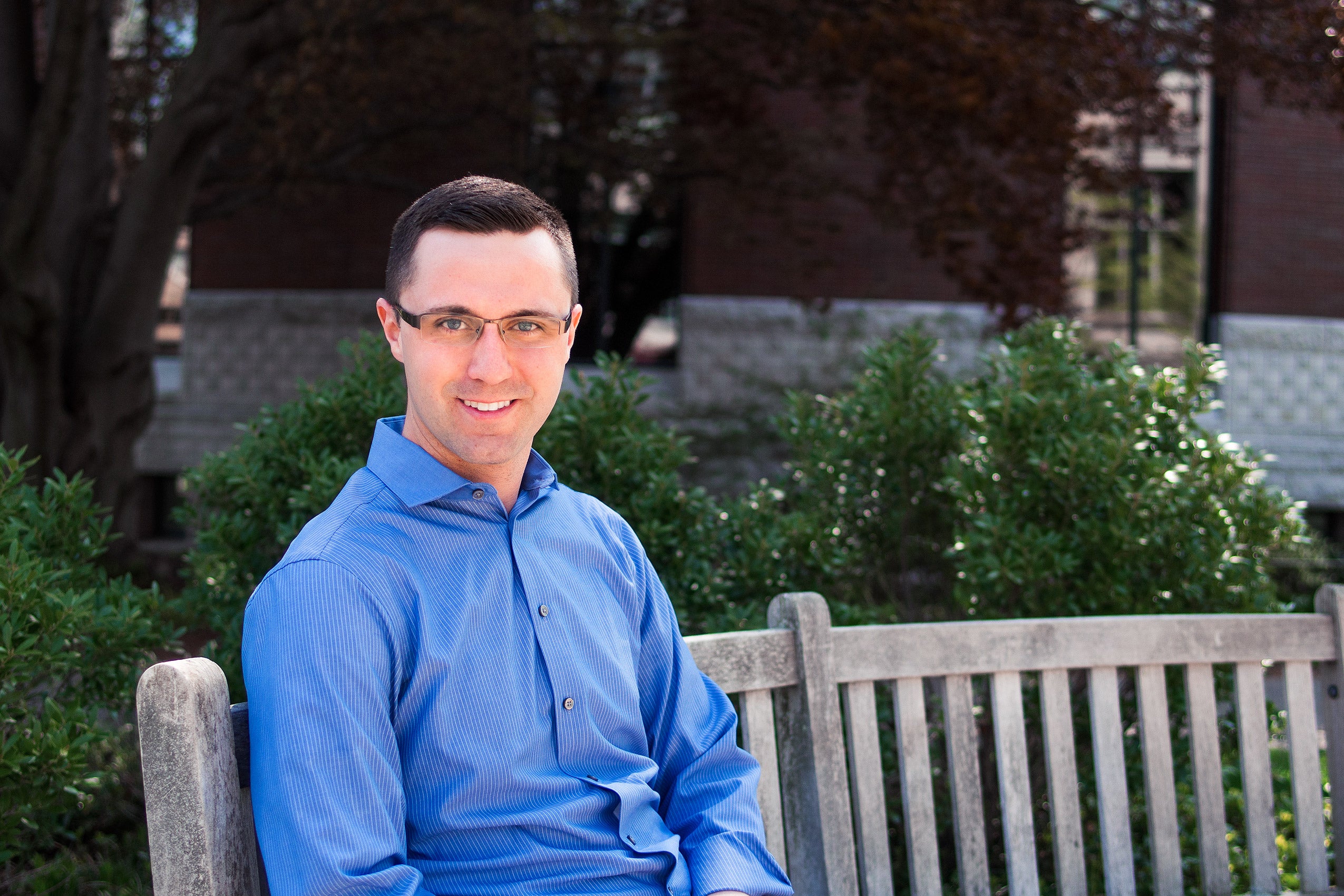This is the first in a series of profiles of students from the Harvard Law School Class of 2016.
If you ask law students how they would solve a problem, some of them may talk about negotiating with disputing parties or seeking redress from the courts or spurring social action. For Tyler Vigen ’16, solving a problem usually means one thing. Write a program.
“For me,” he said, “it’s always been that technology is something I can leverage to accomplish what I want to.”
During his time at HLS, Vigen identified unmet needs regarding the student experience and he set out to meet them through technology. As a 1L, he developed a website called HLS Dope (as in, the straight dope). He started it after he registered for classes and found it challenging to cull through the thousands of pages of student evaluations of professors. So he wrote a program that divided the evaluations into categories to make it easier for students to consider the qualities they’re looking for in professors and classes. He has since added new functions to the website, including a research tool for students considering which law firm interviews to bid for in the Early Interview Program process. He even included a feature pointing to where free lunch is available on campus.
He also developed another tool that allows students to have online conversations during class while their names are anonymized, which was used in a class taught by Professor Charles Nesson. It was particularly effective during discussions of controversial subjects, Vigen says, such as whether the HLS shield should be changed or Title IX protection against sexual assault.
“There are decidedly unpopular opinions to hold, and yet we know there are people who hold those opinions on campus, and we’re just not having a conversation with them,” he said. “So it’s a good way to bring out the entire conversation.”
And if those projects weren’t enough, he also produced a book during his time at HLS. Based on thousands of charts posted on his own website, the book, called “Spurious Correlations,” demonstrates the dictum that correlation does not equal causation. Again, Vigen wrote a program, which analyzed myriad data sets, showing, for example, that the divorce rate in Maine almost exactly correlates with the per capita consumption of margarine. Such connections may be comical, but they also show the importance of putting data into context.
“It’s very easy to fall into a pitfall of seeing some things that look connected or thinking that you’re getting insight from a piece of data when you’re really skewing it to say what you want it to,” he said.
Vigen says he is one of few programmers at HLS. His interest in technology started when he was a boy playing with “nerdy friends” who liked to build robots. His mother encouraged him to learn HTML, the language used to create web pages, which spurred him to delve deeper into learning computer programming languages. He started community college at 16 and eventually earned a bachelor’s in criminal justice from Metropolitan State University in his home state of Minnesota, making him the first in his family with a college degree. Enlisting in the National Guard at 18, he is today a sergeant working in geospatial analysis, studying satellite imagery and other data from satellite platforms.
He’ll take some time after graduation to work on programming and geospatial analytics and next year will work at the Boston Consulting Group as a management consultant. He doesn’t plan to pursue law but still appreciates his time at HLS. It allowed him to meet “some of the most amazing and thoughtful people that I’ve ever encountered,” exposed him to different perspectives, and, of course, gave him a chance to show what a program can do.
